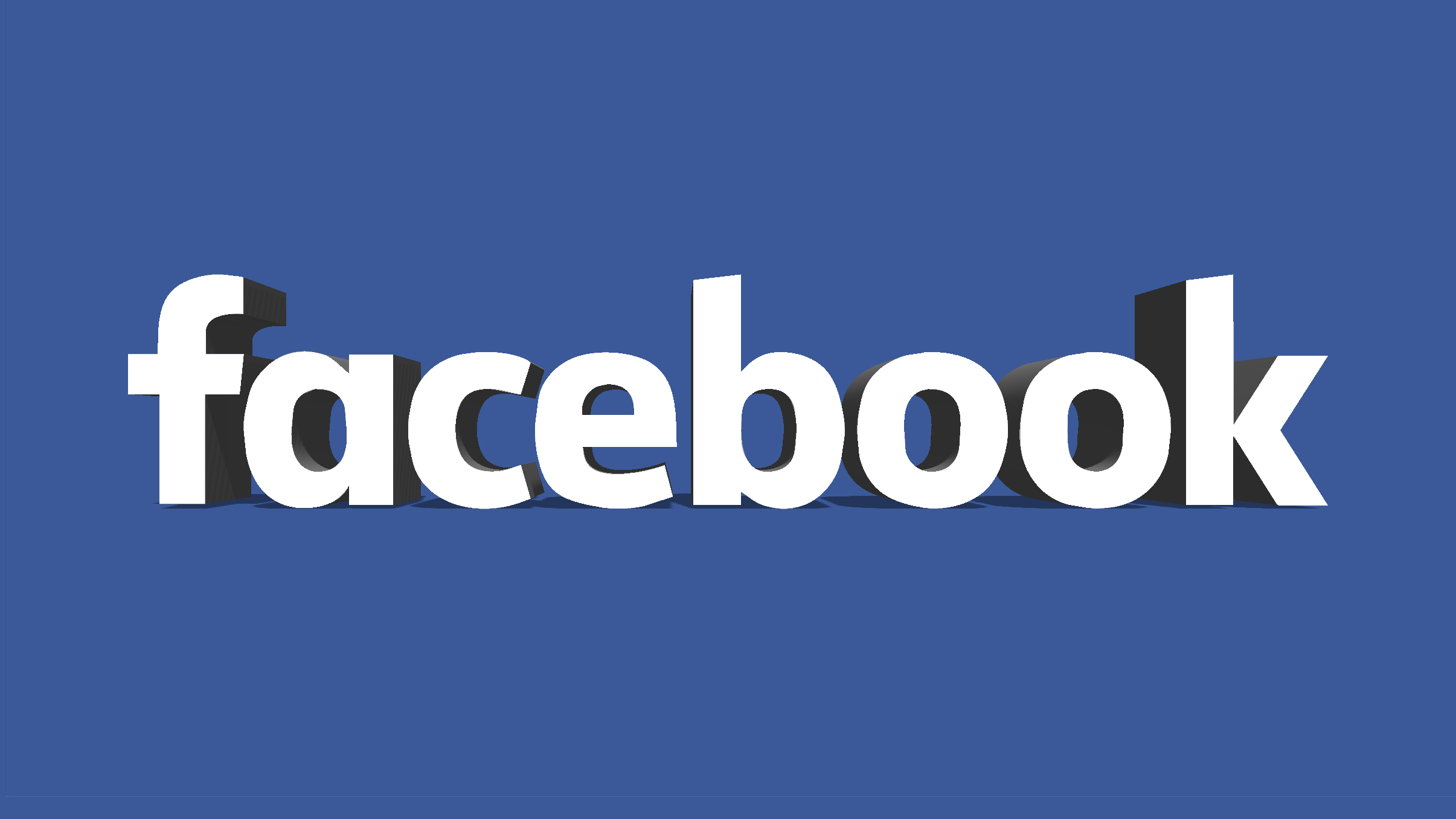Facebook to pay $650 million settlement to users over photo tagging
Huge win in class action lawsuit, as 1.6 million Facebookers are set to receive payout over photo-tagging feature

Facebook will pay $650 million – approximately £465 million / AU$831 million – to users in Illinois, United States, in a settlement over the website's controversial photo-tagging feature.
The social media monolith had previously offered a settlement figure of $550 million (around £394 million / AU$694 million) in June 2020, which the court deemed an insufficient amount.
• Read more: Best camera phones
The ultimate figure was approved by the presiding judge to settle a class action lawsuit brought against Facebook in 2015, where users in the US state claimed that the site's photo-tagging function violated privacy rights.
"Overall, the settlement is a major win for consumers in the hotly contested area of digital privacy," wrote Judge James Donato, as reported by Yahoo!. "The standing issue makes this settlement all the more valuable because Facebook and other big tech companies continue to fight the proposition that a statutory privacy violation is a genuine harm."
Specifically, Illinois Facebookers argued that the site violated the state's Biometric Information Privacy Act – a provision to prevent private entities from collecting, storing, or using biometric information without explicit prior notification and written consent. Namely, this means digital scans of their faces.
The suit claims that Facebook began creating and storing facial recognition templates for Illinois users in June 2011 as the basis for identifying and tagging people in photographs uploaded to the site.
Get the Digital Camera World Newsletter
The best camera deals, reviews, product advice, and unmissable photography news, direct to your inbox!
Judge Donato called the outcome "one the largest settlements ever for a privacy violation" and noted that it would "put at least $345 into the hands" of every participant in the suit.
Yahoo! points out that Facebook maintains it had, in fact, always disclosed its facial recognition technology and that users had the option to deactivate the function.
The social media giant last found itself in hot water over the facial recognition technology in 2019, when the FTC fined it $5 billion (£3.6 billion / AU$6.4 billion) over the Cambridge Analytica privacy breach – at which point Facebook began requiring users to opt in (rather than opt out) of the feature.
Read more:
Best cameras for Instagram
Best TikTok lights
Best camera for streaming

James has 22 years experience as a journalist, serving as editor of Digital Camera World for 6 of them. He started working in the photography industry in 2014, product testing and shooting ad campaigns for Olympus, as well as clients like Aston Martin Racing, Elinchrom and L'Oréal. An Olympus / OM System, Canon and Hasselblad shooter, he has a wealth of knowledge on cameras of all makes – and he loves instant cameras, too.
